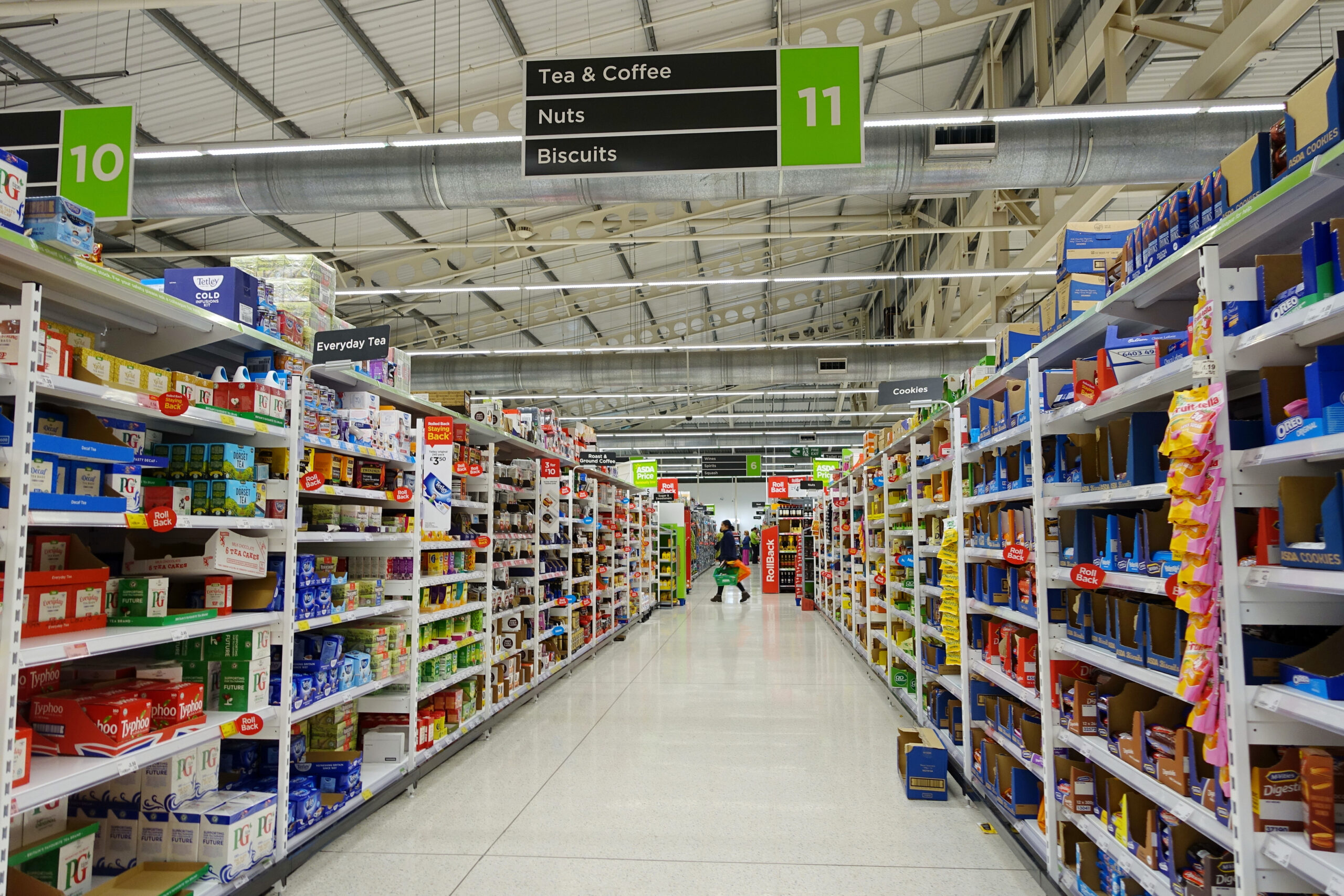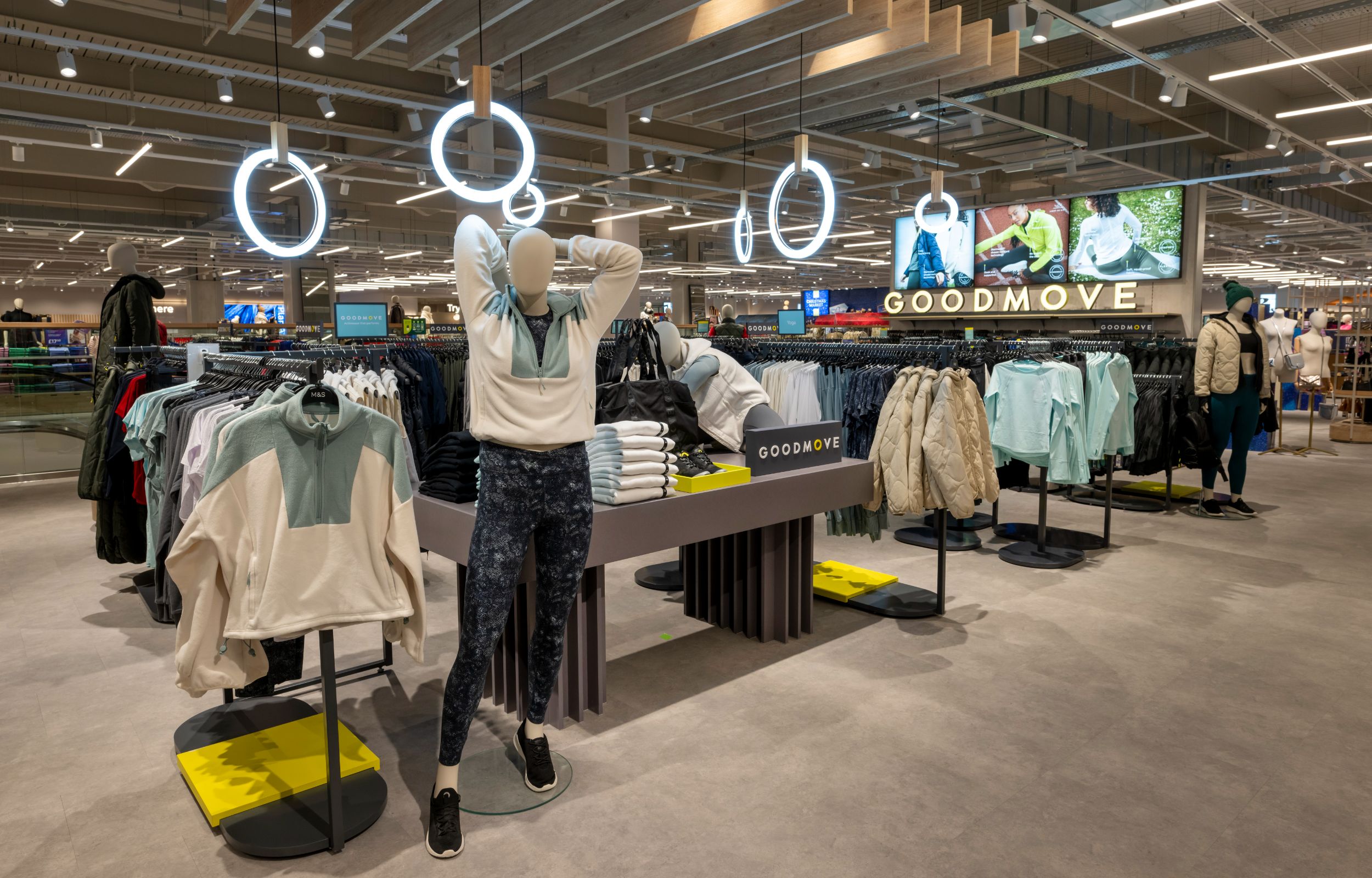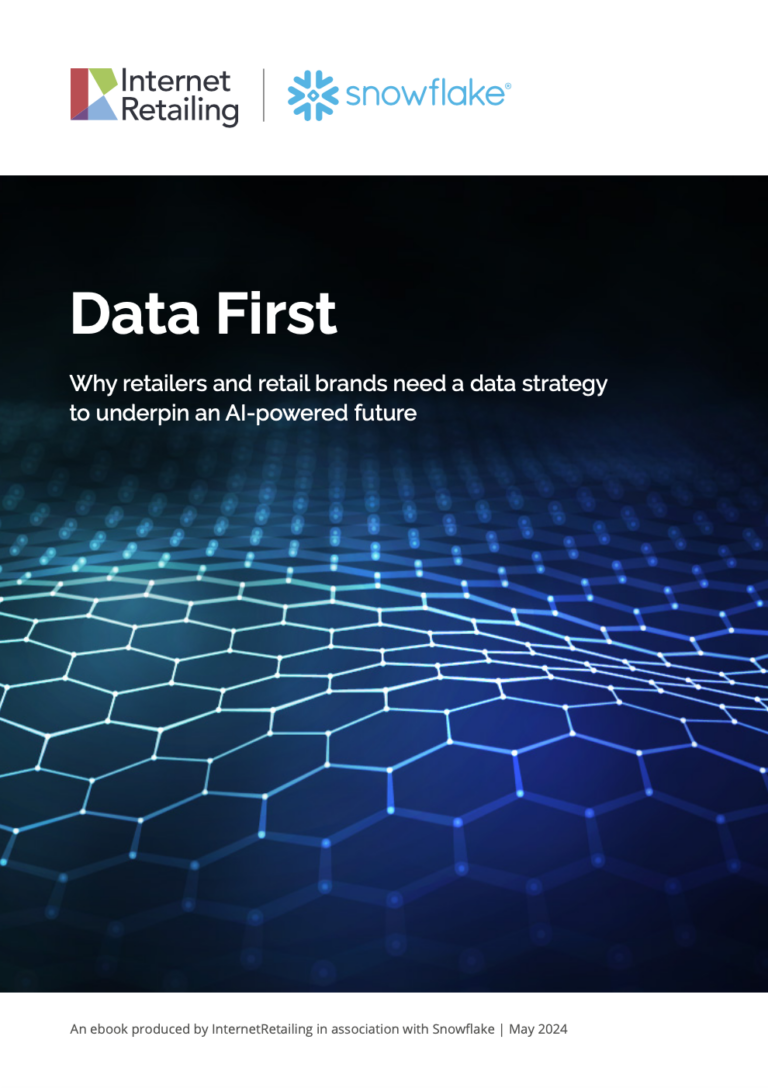The SuperDry retail brand is one of the big successes of recent years. In its most recent half-yearly trading statement (covering the 26 week period ending 24 October 2015) it reported a 22.3% increase in group revenue (up to £254.7m compared with £208.2m in the previous year’s corresponding period). Online sales have also been on the rise, making a 19.2% contribution to overall sales – up from 13.9%. It also opened 6,000 sq ft of new retail space, saw like-for-like sales rise 17.2%, and opened 23 new licensed/franchise stores. eDelivery caught up with Alex Watson, global transport manager at SuperDry.
eDelivery: Tell us a bit about yourself and your role at SuperDry
Alex Watson: I am the global transport manager – or head of global transport tech – at SuperDry. I look after all of the primary freight in origin, consolidation activities when we buy from vendors in the Far East and Asia and India and Turkey, and move it all about to the UK, to Europe, to the USA, to Hong Kong as well, where we have a small centre.
I also look after all of the carriage outbound from our distribution centres out to customers of various types, channels … you name it.
I also look after the fashion business’s sampling activity on a physical level, ensuring all the samples come in for our internal buying processes, as well as for the external ones on the wholesale set-up. I’ve been here for about five and a half years now I think in total, and I’ve worked in a range of different roles.
I started off as the operations manager when the warehousing activity was in-house, but gradually things have changed, I moved around and ended up looking after all the moving parts of the supply chain.
eD: What are some of the bigger challenges when it comes to managing carrier relationships?
AW: I think it breaks down a number of ways. For example, when you can work with partners over a longer time period, they tend to invest in what they’re doing for you, and within reason, the service you get is relatively stable.
But there are new products and new services coming out every single year, and what the customer deems acceptable now is very likely not to be deemed acceptable in as little as six to nine months’ time. That creates a pressure, a tension.
One of the things that we struggle with, and we’re by no means alone in this, is trying to maximise both of those elements at the same time, particularly if they end up being similar sets of carriers.
Within the market itself, the number of different players is shrinking, either through acquisitions or – as in the case of Citylink, going bust. Obviously that cuts down on choice. It isn’t a good place for any market.
Let’s just say you want a standard or economy carrier service, you want it tracked, it doesn’t have to be next-day, but two or three days’ time. Realistically there are only about three or four providers in the UK who can actually give you that as a b2c service. All the others operate in different spheres or at different speeds and all the other sorts of things.
eD: how important it redefining operational frameworks and organisational structures to meet demands of omnichannel retail?
AW: This is something that we at SuperDry have spent quite a lot of time on in the last three or four years, defining what we should and shouldn’t do. Being relatively young in business terms, we’re a fast-growing entrepreneurial business, and really it grew up as three separate businesses, ecommerce, wholesale and retail.
Obviously from that perspective we’ve done a lot of work on how to harmonise our view of how we operate in order to leverage cost savings, but also to deliver more accurately what the customer actually might want.
In layman’s terms, we were operating as three separate businesses in most ways, and again that’s not something that’s exactly uncommon. Some of it isn’t rocket science, but recognising that breaking down those sales channels and silos, that we as retailers like to cling to, is required in order to give the best service to the customer.
eD: how significant are returns, and what’s your customer base like? Are they fickle? Are they loyal? Do they know what they want? Do they buy a lot of stuff and send a lot back?
AW: Our basic premise with returns is that it’s all about simplicity, really. There’s some great stats from how come the other guys in this field, and particularly MetaPack, about the degree to which customers consider the return offering etcetera, when they are making a purchase. So my view is, as a fashion brand and it’s our view in general, that returns policies have the potential to becoming a barrier to sales – if your returns policy is no good or making a return is hard, it will put customers off buying.
eD: in terms of the challenges facing multi-channel retailers across the board, where do you see some of the biggest headaches coming from?
AW: History is full of the folly of trying to influence buyer behaviour directly. Very few people ever achieve the scale or magnitude of idea to be able to actually do that. Mostly we need to go with the flow a little bit and maximise everything within that.
There’s a great statement made by the guys in the strategy team at SuperDry talking about the warehouse and saying, through the year we have a retail DC that does some ecommerce. But at peak, Black Friday time, it’s an ecommerce DC that does a bit of retail.
I think that if you apply that logic over a longish period of time, there is going to be a time – and I don’t know when this is, if I did, I’d be far, far wealthier than I am – but there is going to be a time when it becomes larger, for everyone not just us. A lot of the retail sector’s infrastructure, from a warehousing perspective I mean, is not particularly suited for that if you were to take ecommerce to the absolute n-th degree.
I also think that the carrier networks are nowhere near set up for the level of volumes that will entail, certainly not on the current profile that we have. I mean, there’s some stats about Black Friday with the percentage of uplift – phenomenal uplifts, into hundreds and hundreds of per cent in those weeks.
If you can smooth things out a bit that will obviously help, but the general carrier networks are not in a position to be taking on the type of volume that would equate to general retail.









